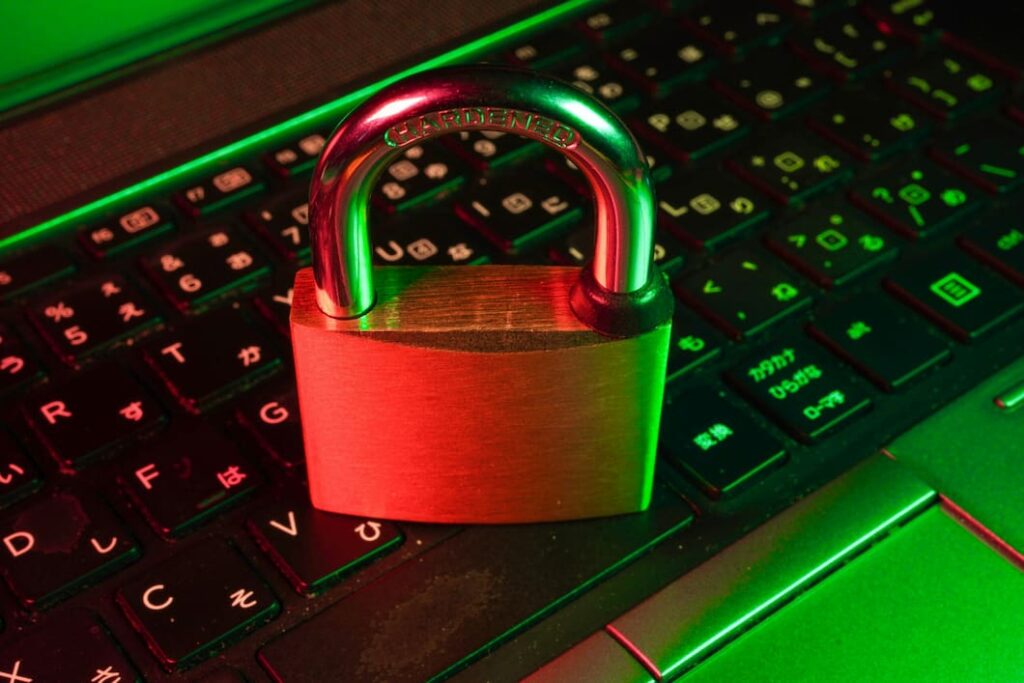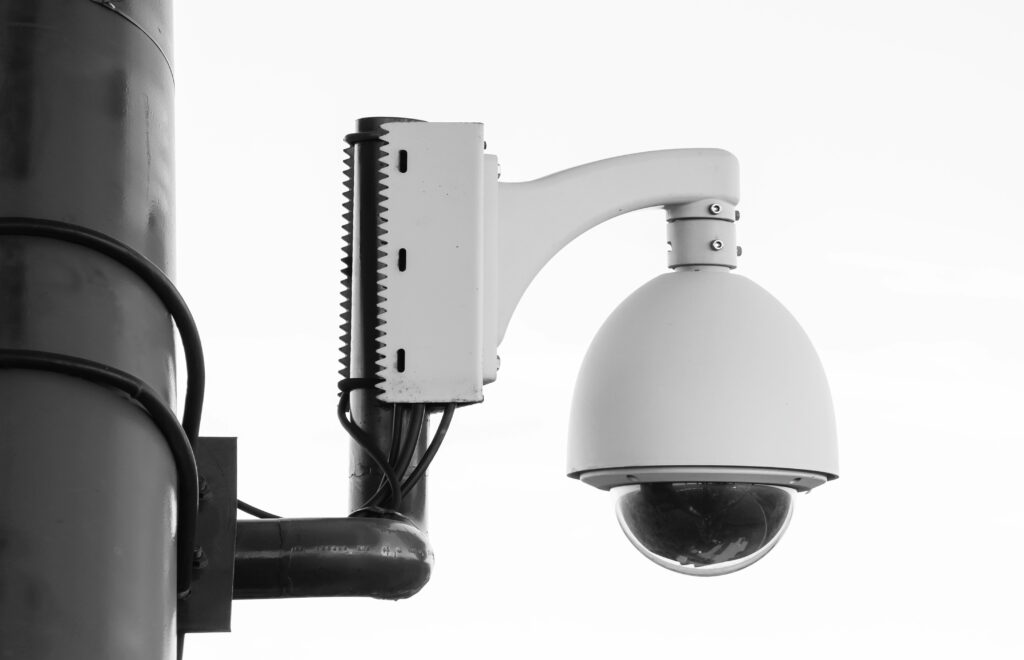The importance of cybersecurity cannot be overstated, especially for small and medium enterprises (SMEs). While large corporations often make headlines for data breaches and cyber-attacks, SMEs are increasingly becoming targets due to perceived vulnerabilities. This article aims to provide a comprehensive guide on cybersecurity best practices specifically tailored for SMEs, helping them safeguard their sensitive data, protect against cyber threats, and ensure business continuity.
Importance of Cybersecurity for SMEs
Cybersecurity is crucial for SMEs because these businesses often lack the robust security infrastructure that larger companies possess, making them easy targets for cybercriminals. The impact of a cyber-attack on an SME can be devastating, leading to significant financial losses, reputational damage, operational disruption and even legal repercussions. Implementing strong cybersecurity measures is essential not only for compliance but also for protecting the business’s assets, including sensitive information and data.
Recent Trends in Cyber Attacks Targeting SMEs
Common Cyber Threats Targeting SMEs
SMEs face a variety of cyber threats, including:
- Phishing Attacks: Cybercriminals use deceptive emails to trick employees into revealing sensitive information or downloading malicious software. These attacks can lead to data breaches and financial losses.
- Ransomware: Attackers encrypt a company’s data and demand a ransom for its release. SMEs without proper backups are particularly vulnerable to this type of attack.
- Insider Threats: Disgruntled employees or those with malicious intent can cause significant damage from within the organisation, leading to unauthorised access and data breaches.
- Malware: Various types of malicious software can disrupt operations, steal data, or spy on company activities. SMEs with outdated antivirus software are at higher risk.
- DDoS Attacks: Distributed Denial of Service (DDoS) attacks overwhelm a network, making it unavailable to users. This can cause significant disruption to business operations.
Real-World Scenarios of Common Attacks on SMEs
- Ransomware Attack on a Small Retailer: A small retail company faced a ransomware attack that encrypted its entire customer database. The attackers demanded a ransom in cryptocurrency, and the company had no backups, leading to significant financial loss and operational disruption.
- Phishing Attack on a Medium-Sized Enterprise: A medium-sized enterprise suffered a phishing attack where an employee unknowingly clicked on a malicious link, compromising the company’s financial data. The attackers used the stolen data to make unauthorised transactions, causing substantial financial losses.
Essential Cybersecurity Tips and Practices for SMEs
Developing a Cybersecurity Policy
A well-defined cybersecurity policy is the foundation of any effective cybersecurity strategy. This policy should outline the rules and procedures for all employees regarding the use, protection, and management of IT resources. It should cover aspects such as data protection, network security, and incident response.
Employee Training and Awareness
Employees are often the first line of defence against cyber threats. Regular training and awareness programs can equip them with the knowledge to identify and respond to potential threats. Topics should include recognising phishing attempts, creating strong passwords, and following best practices for data security.
Access Control Management
Access control management is crucial to prevent unauthorised access to sensitive data and systems.
Role-Based Access
Implement role-based access control (RBAC) to ensure that employees only have access to the information necessary for their job roles. This minimises the risk of unauthorised access and data breaches.
Multi-Factor Authentication (MFA)
Multi-factor authentication adds an extra layer of security by requiring users to provide two or more verification factors to gain access to systems. This significantly reduces the risk of unauthorised access.
Data Protection Techniques
Protecting data is paramount for SMEs. Implementing robust data protection techniques can prevent data breaches and loss.
Encryption
Encrypt sensitive data both at rest and in transit to ensure that it cannot be accessed or read by unauthorised individuals. Encryption is a critical component of data security.
Regular Backups
Regularly back up all critical data and store backups in a secure, off-site location. This ensures that data can be restored in case of a cyber-attack or system failure.
Endpoint Security
Endpoints, such as laptops, desktops, and mobile devices, are common entry points for cyber threats. Securing these endpoints is essential.
Antivirus Software
Deploy antivirus software on all endpoints to detect and prevent malware infections. Regularly update the software to protect against the latest threats.
Secure Configurations
Ensure that all endpoints are configured securely, following best practices for security settings and updates. Disable unnecessary services and applications to reduce potential vulnerabilities.
Incident Response and Recovery
Having an incident response plan in place is critical for quickly addressing and recovering from cyber-attacks. This plan should outline the steps to take in the event of a security breach, including identification, containment, eradication, and recovery.
Compliance and Regulatory Considerations
SMEs must comply with various regulatory requirements related to data protection and cybersecurity. Understanding and adhering to these regulations can prevent legal issues and ensure that the business meets industry standards.
Continuous Improvement
Cybersecurity is an ongoing process that requires continuous improvement. Regularly review and update cybersecurity policies, conduct risk assessments, and stay informed about the latest threats and best practices. This proactive approach helps to maintain a strong security posture.
Overview
In conclusion, cybersecurity is a critical concern for SMEs, and implementing best practices can significantly reduce the risk of cyber threats. By developing a comprehensive cybersecurity policy, training employees, managing access control, protecting data, securing endpoints, and having an incident response plan, SMEs can protect their sensitive information and ensure business continuity. Kew Solutions is dedicated to helping SMEs in Dubai and the UAE achieve robust cybersecurity and protect their valuable assets, find more at Cybersecurity Services. Still haven’t found what you are looking for, Contact Us or Book a call.









